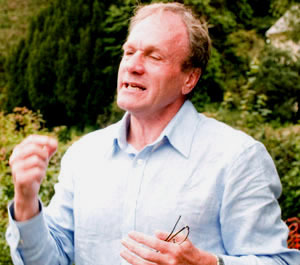
UBC takes on campaign as an effort to further protect students
By Mercedes Deutscher, News Editor
UBC is hoping to create a safer environment involving consent, all beginning with better education.
The new plan involves four different goals: to educate first-year students on how to distinguish consent from a lack of consent, to train staff and faculty on how to respond should someone come and ask them for help involving sexual assault, to involve the community in fostering care and respect for their peers, and to better educate the population on the implications of rape culture.
“Consent is more than no means no,” Janet Mee, the UBC Director of Access and Diversity explained to CBC. “It’s maybe means no. It’s I am under the influence of drugs and alcohol means I can’t give consent. It’s I am hesitating in any way means I can’t give consent.” Mee further explains that only one-third of Canadians understand what it truly means to consent. In addition, Mee says that the first eight weeks of classes, especially for first-year students, are when students face a greater risk of being sexually assaulted.
The campaign uses a poster with emojis as a resource, where different emojis show different states and responses to the suggestion of sex. The poster explains that consent is only approved when someone says “yes” without being coerced, while other situations, such as a lack of response or being intoxicated, means that consent is not given. It is also implied that consent should be viewed on a case-to-case basis, and that just because someone says yes once doesn’t mean it will always be a yes.
American sex educator and YouTube personality Laci Green will be visiting UBC on September 28 to give a presentation called “Best Sex Ever!” that will further elaborate on the concept of consent.
Meanwhile, the Alma Matter Society at UBC is further encouraging a safer campus environment by creating a Sexual Assault Response Team (SART). The SART aims to support victims of sexual assault and to respond to reports; SART is not exclusive to UBC, as such teams are forming on campuses across Canada.
“SARTs ensure that survivors of sexualized violence are supported to make the right decisions for them and to respond in the way that they see fit,” said AMS VP Academic Jenna Omassi to the Ubyssey. “The focus of the institution right now and the university is to really create that dialogue piece right now to start the conversation and to push forward education—and then step two is response.”

